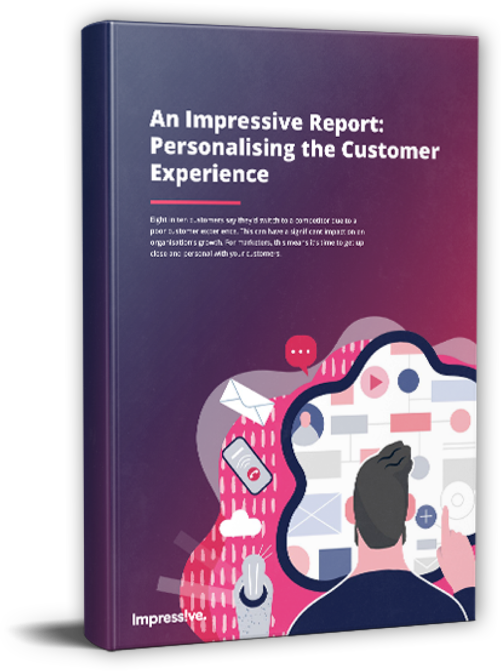Taking the time to choose the right e-Commerce platform for your fashion business is a crucial step in giving yourself the best opportunity for long-term success.
This decision allows you to lay the foundations for your future business operations. The functionality and limits of the platform you choose will dictate what strategies can be implemented and executed on your site.
All in all, there are plenty of e-Commerce platforms you can choose to undergird your online retail business, but knowing which one to use is extremely difficult.
Don’t let the choices overwhelm you!.
Here are our top 5 platforms for eCommerce!
Which eCommerce platform to use for your fashion business
1) Shopify

Probably the leader of the pack in terms of renown, Shopify is the first point of call when it comes to choosing an eCommerce platform.
Not only is it intuitive but it’s built to manage its own updates and correct its own tech issues, so you focus on closing sales and the business itself.
Shopify also allows for seamless app integrations and is praised for its top quality security standards, ensuring your client information is safe and sound.
The platform also boasts excellent loading speeds, mobile responsiveness capabilities and easy-to-use customisable properties.
However, the platform is on the expensive side for start-up businesses.
Not only do they charge a transaction fee for every sale made but multiple integrations will set you back a monthly fee.
Consider Shopify if your business has enough capital.
All in all, a great first point of call in the search for your perfect platform!
2) Woo Commerce

A plugin of WordPress, Woo Commerce is touted as the best eCommerce platform for startups due to it being free and completely customisable.
In fact, it’s celebrated as one of the easier platforms to use because you don’t need a tech background to navigate it.
It also offers all features you expect in an eCommerce platform, including managing tax settings, shipping options, coupons codes and more!
The plugin also includes helpful analytics. The dashboard is designed to be easy to read with graphs generated to clarify all collated information so you can make informed decisions for your business.
With the ease of use, ability to integrate custom apps and no fee, Woo Commerce is worth the research for those who are keen on using WordPress for their website.
3) Big Commerce

Big Commerce allows you to customise your website for your eCommerce ambitions and features 7 free templates to build from, integration with PayPal, as well as analytics and reporting to help business owners manage their next steps.
Big Commerce’s main advantage is its SEO options. The platform includes features to add keywords into site pages to assist with boosting your page rankings on search engines.
There’s also automated image optimisation, which speeds up image asset loading on your website so your pages load faster. This is especially important in SEO since page speed is a significant ranking factor in Google’s algorithm.
It also offers professional reporting, gift cards, a review and ratings system for responding to clients and real-time carrier shipping updates, which Shopify and its counterpart do not offer in their introductory plan. Thus there’s no need to sprawl through your site to change your shipping details every time there’s a change in details.
Big Commerce shines as the more generous plan in comparison to its counterparts, as well as more of an all-rounder option.
4) Magento

One of the most popular platforms in use, Magento is reportedly used on 20% of all eCommerce sites, coming in two options: a free download which you can access from the site and a hosted service option which doesn’t require any downloading but does come with a fee.
It’s thoroughly customisable with a plethora of options depending on what you’re after for your site.
However, Magento is not for the “programming faint of heart”. You will need to have a programmer to manage this for you and build it from the get-go as much coding is involved.
Magento is also one of the more expensive SaaS systems, making it out of reach for businesses on a budget, and the overall complexity means you’ll need an experienced developer on staff.
However, it’s the most scalable of the systems out there, meaning your website will be able to grow along with your business.
5) Squarespace

Originally founded in 2003, Squarespace’s roots are in basic website creation – providing customers with the opportunity to build gorgeous websites with not much effort.
Fast forward a few years and Squarespace now offers the option of building a fully functional eCommerce site.
Squarespace offers users several benefits, including access to a number of beautifully designed templates, that are just as functional on mobile as they are on desktop.
They also offer first-time users a 14-day free trial.
In terms of costs, it’s affordable, so if you’re a small business and want something that’s navigable and functional Squarespace is the way to go.
If you’re planning on ‘price’ being your main point of competition, then perhaps this isn’t the right platform for you with the structure of the templates making it difficult to showcase certain promotional offers/discounts you want to push.
Another drawback is the limited number of themes available to choose from, especially when comparing it to an alternative like Shopify.
If you’re thinking of getting started with an eCommerce site, don’t forget to tailor your social media strategy to suit.
If you’re already on social media and need a bit of inspo to take your work in a new direction, check out what these killer eCommerce brands are doing to stay at the forefront of creativity and marketing.






